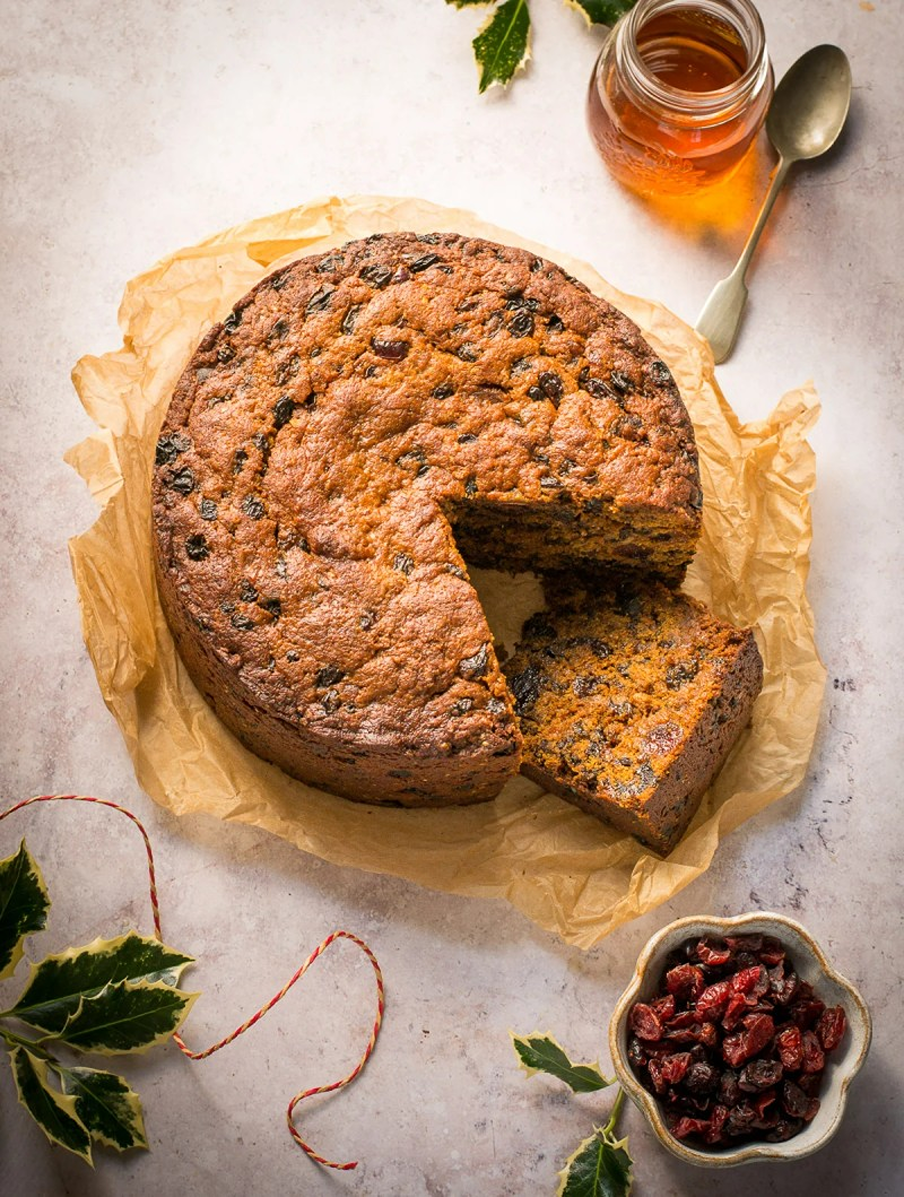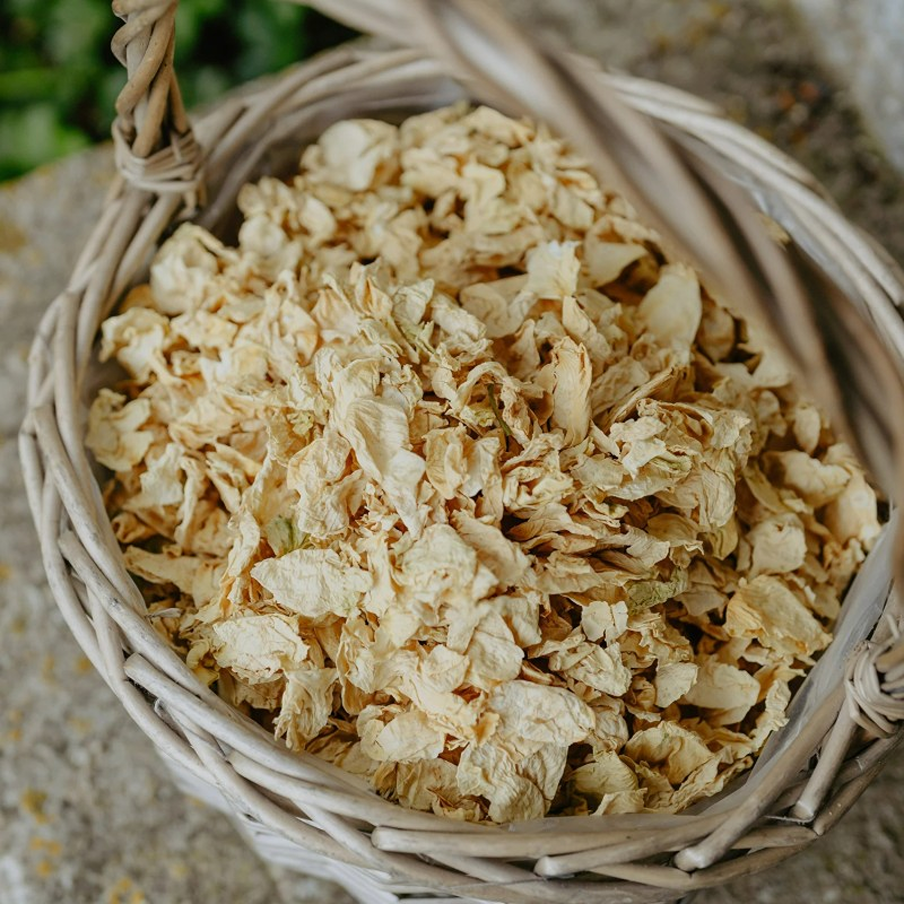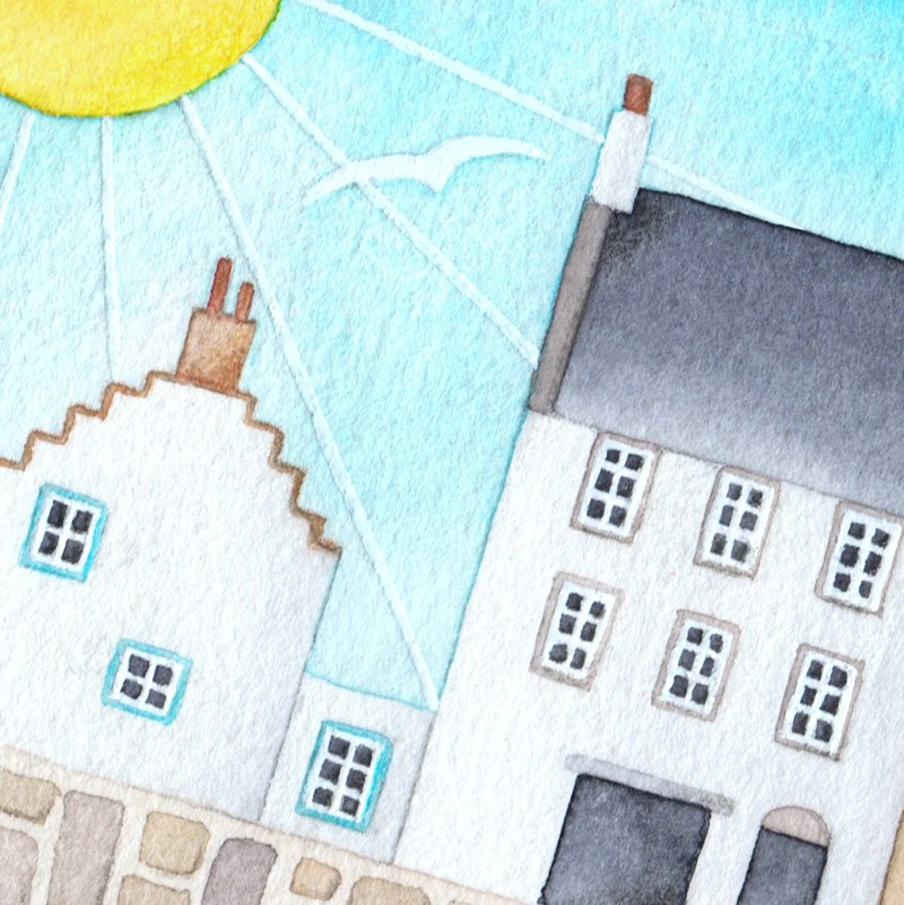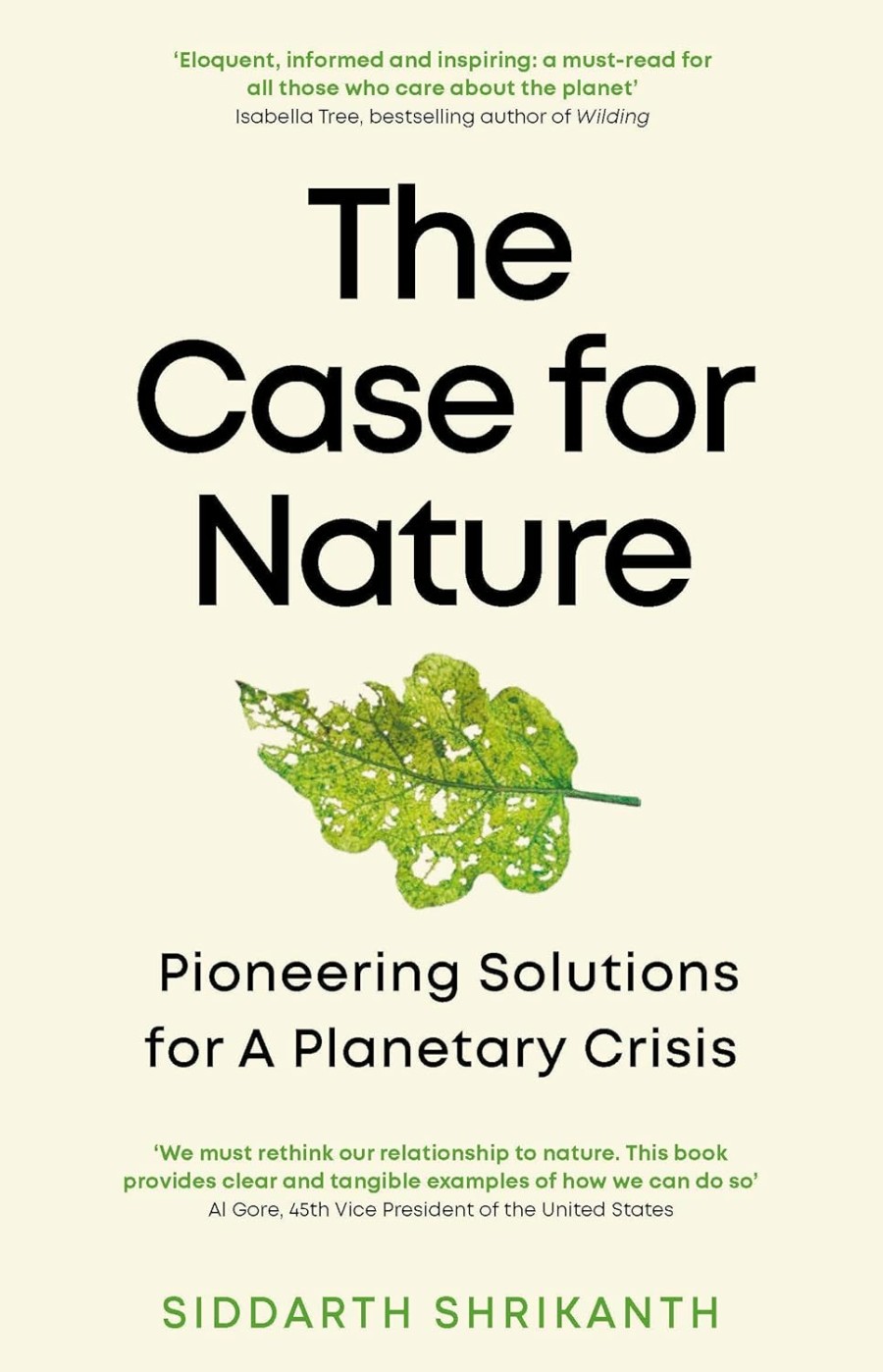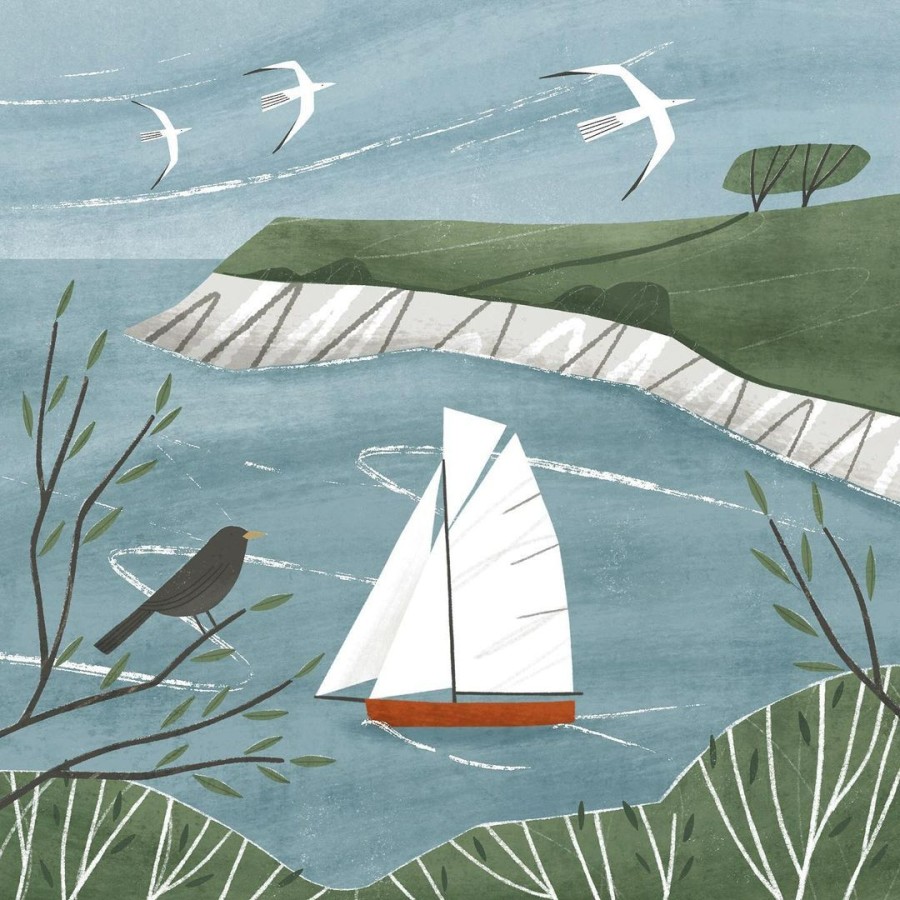
Whether you sail for leisure or work, sailors have a responsibility to avoid polluting the seas surrounding England and beyond. The Green Blue has good advice for boat owners (everything from protecting wildlife and preventing invasive species to eco-friendly power and how to dispose of old boats (and reporting abandoned boats, which often leak fuel into the water).
If you fish, it’s even more important to be vigilant about not leaving fishing waste (nets, lines etc) in the water, as these are lethal to wildlife. Monomaster is a nifty little invention from The Netherlands that unlike conventional fishing line recycling bins (which often have birds tangled up in them) keeps fishing line and tackle safe until you can safely dispose of it. Read more on how to help prevent ghost fishing waste.
If you run a charter company, you can take a 4-day WiSe Scheme course. This will show you how to protect wildlife as you sail. On completion of the course, you receive a certificate that you can put on your marketing and website, and you even get a flag for your boat!
The Green Blue’s boating pledge
Minimise noise – especially important in water, as noise travels further and disturbs birds and wild creatures. Never sail through birds or creatures on the water, as this can split mothers from their young.
Minimise wash – this can uproot vegetation and cause soil erosion, and even cause damage to other boats and loosen their moorings.
Keep to speed limits – this helps protect local birds and wildlife. It’s also good to reduce fuel use and maintain engine efficiency, as well as of course reducing risk of collison. If you see wildlife, slow down to a no-wake speed and use binoculars to view from at least 300ft.
Don’t throw anything overboard (even milk from coffee can cause bacteria in the water, and an orange peel takes 2 years to break down). Keep it all on board and dispose/recycle when you get back to shore. Secure bins (so items don’t blow into the water). Wear natural rubber flops and biodegradable sunglasses (rather than ones made from recycled plastic, which don’t biodegrade if they fall overboard). If you smoke, use a personal ashtray to safely extinguish butts, to dispose of when back at shore.
Download the guide on using anchors with care, to prevent harm to seagrass (and creatures that rely on it like seahorses and sea turtles). Advanced mooring systems has developed mid-water floats that elevate chains from seabeds, leaving seagrass undisturbed. Respect voluntary no-anchor & no-access zones. Often this is due to special conservation status, enabling biodiversity to recover for plants and wildlife. Use designated slipways to protect seagrass and reed beds. SEAFLEX is another anchor alternative – an elastic mooring solution for docks and pontoons and other places that can even be secured in locations exposed to extreme weather conditions.
Keep your hull and equipment clean (choose biodegradable brands free from chlorine), as this helps to prevent invasive species, and also gives a smoother journey. Store paint and oil securely (just one litre of spilled oil can pollute one million litres of seawater). Use drip trays and funnels and recycle oil when back at shore. And use pump-out facilities at shore for blackwater.

The Good Ship True Love is the true story of Mr Ellis, and the boat that he built in his small backyard in the Cornish town of Penzance, back in 1906. Documented in the local press with period photographs, the author (who lives in nearby St Ives) has faithfully pieced together the venture in this heartwarming story to enchant and inspire little sailors!

